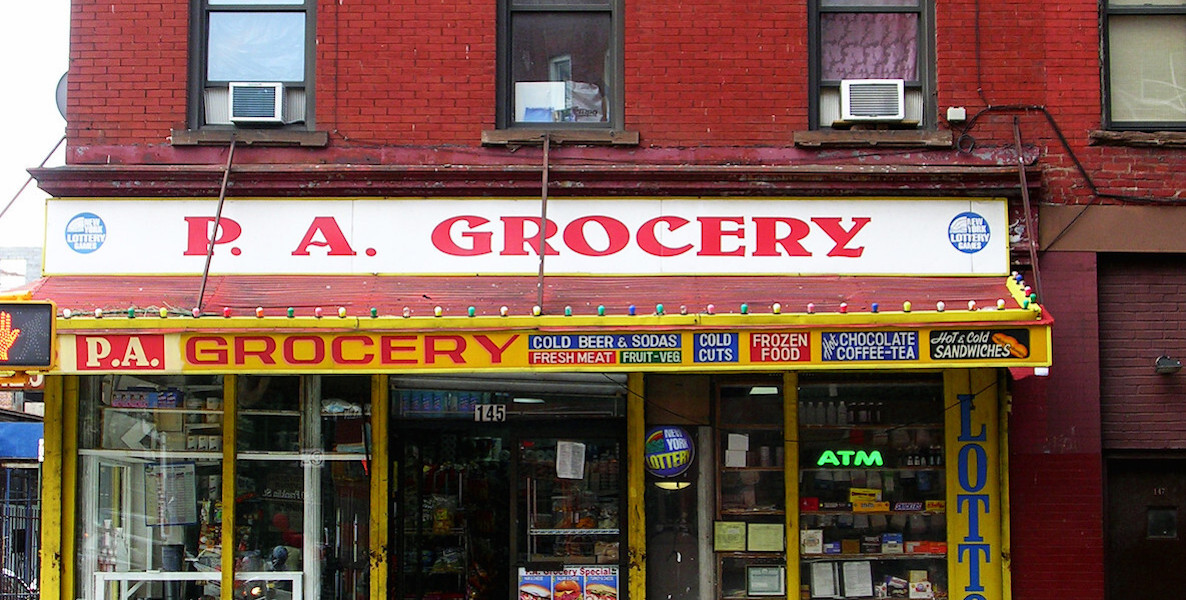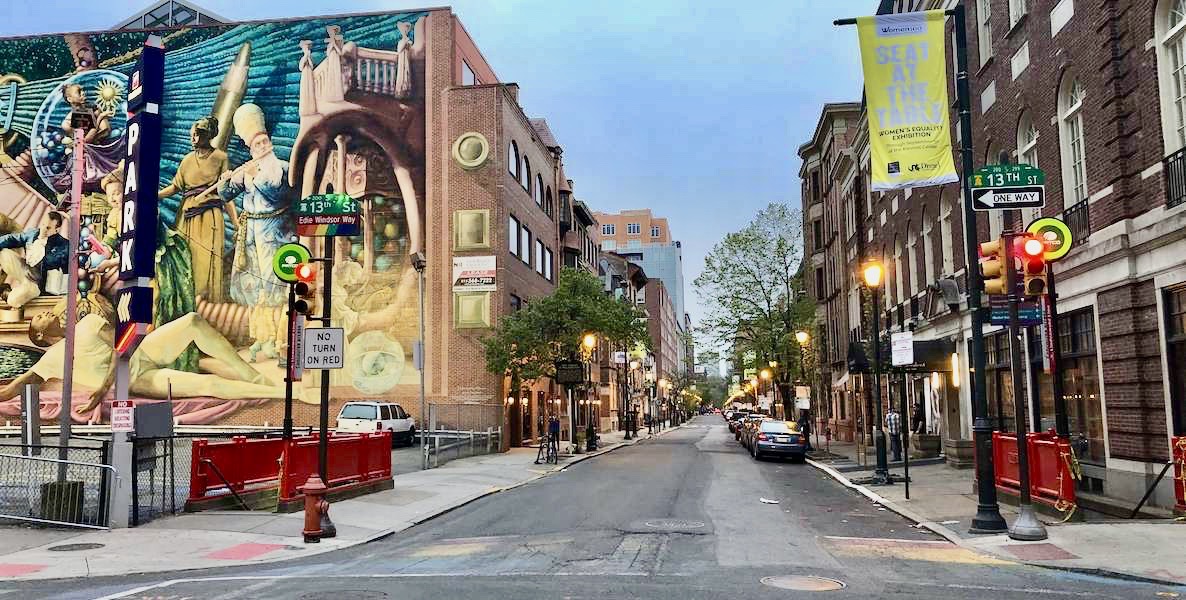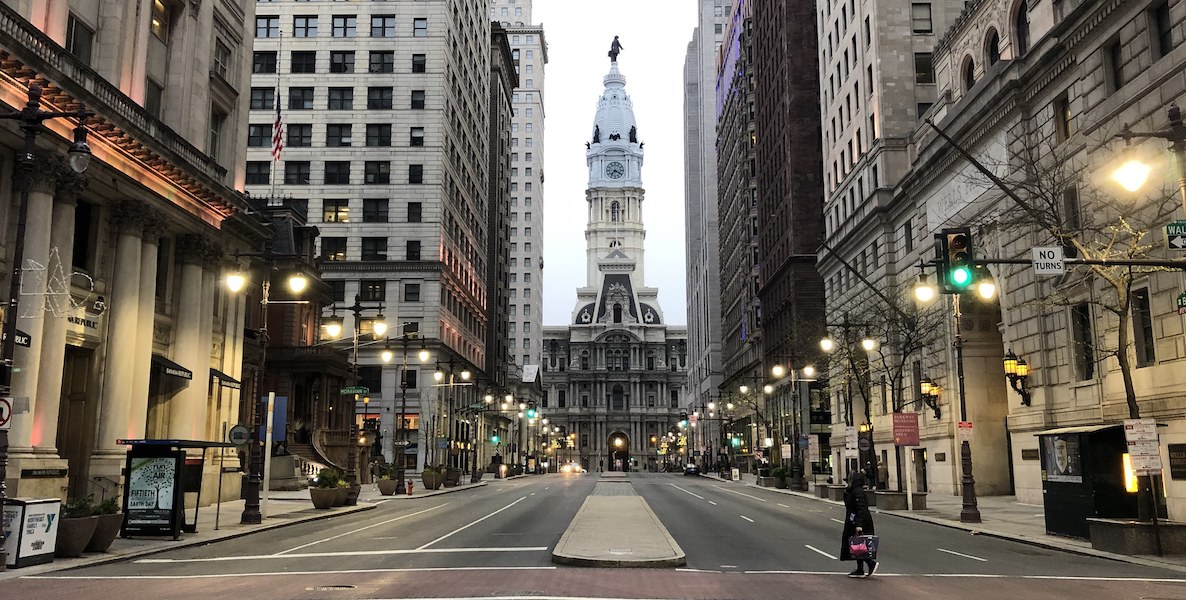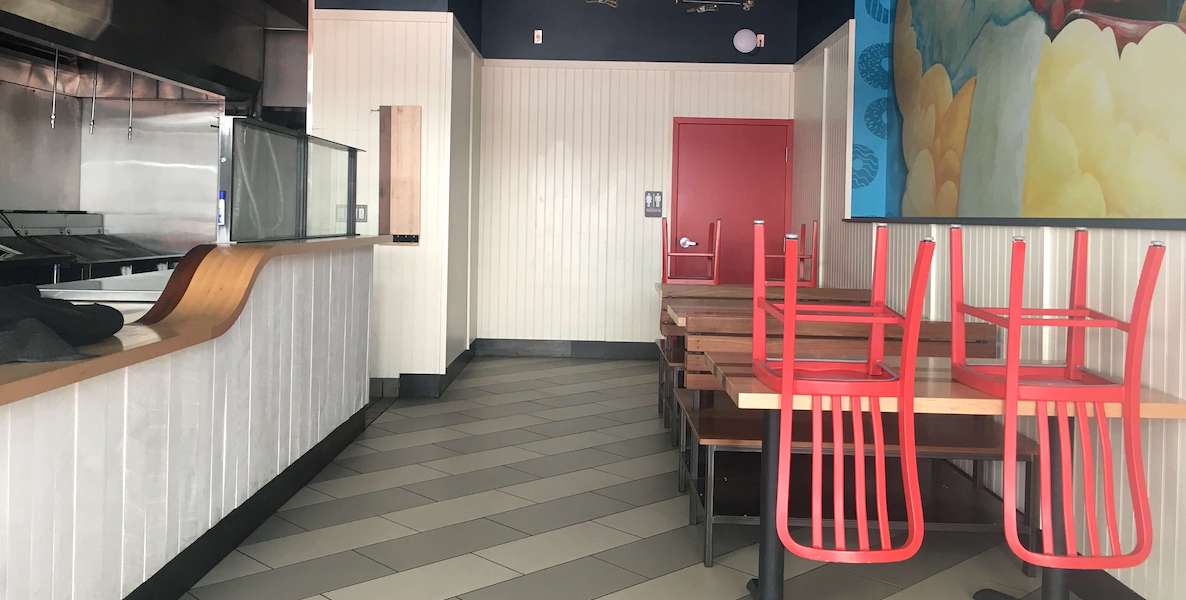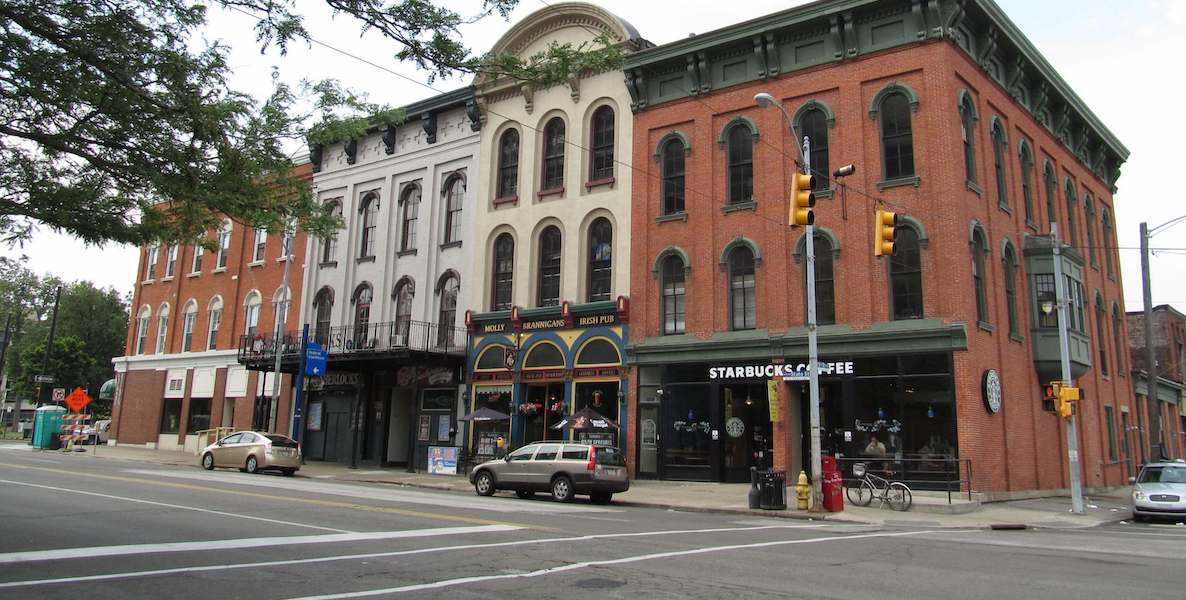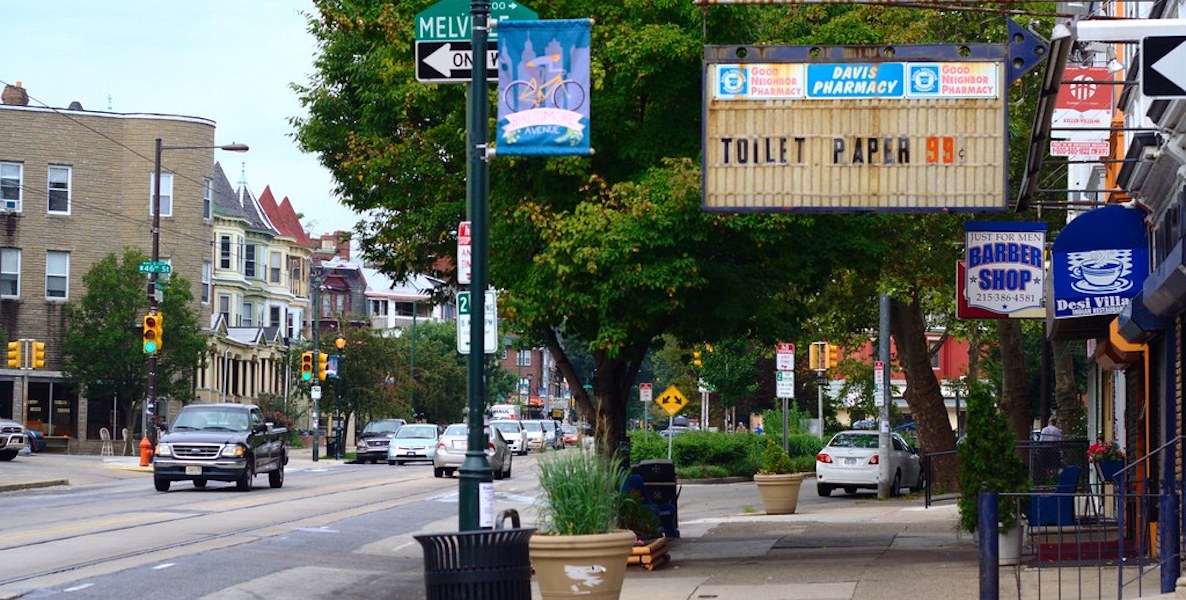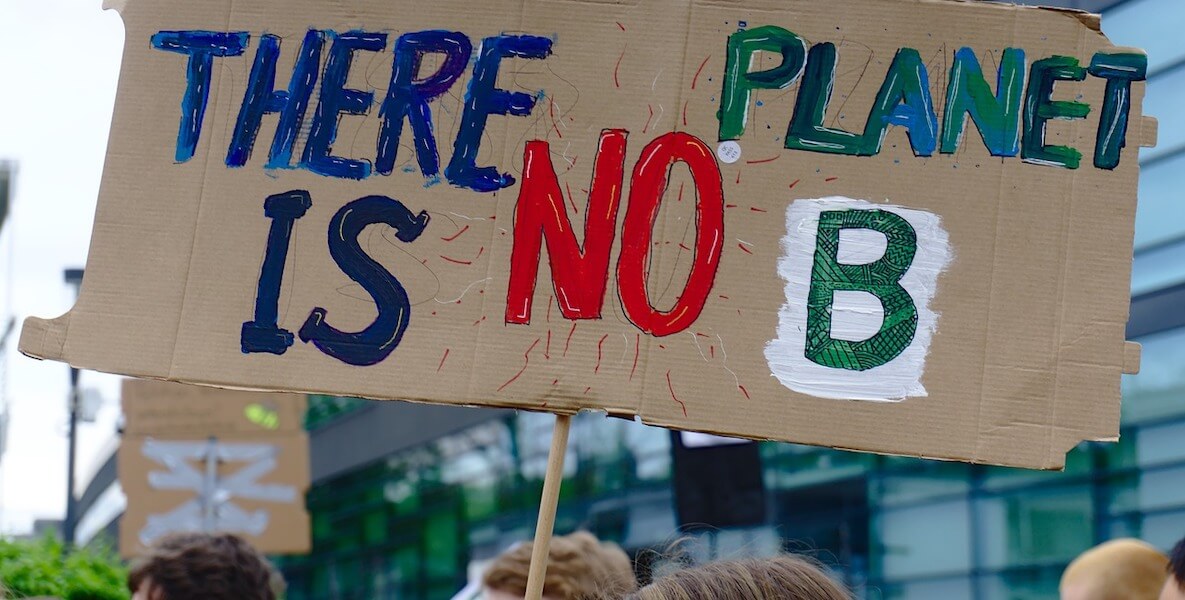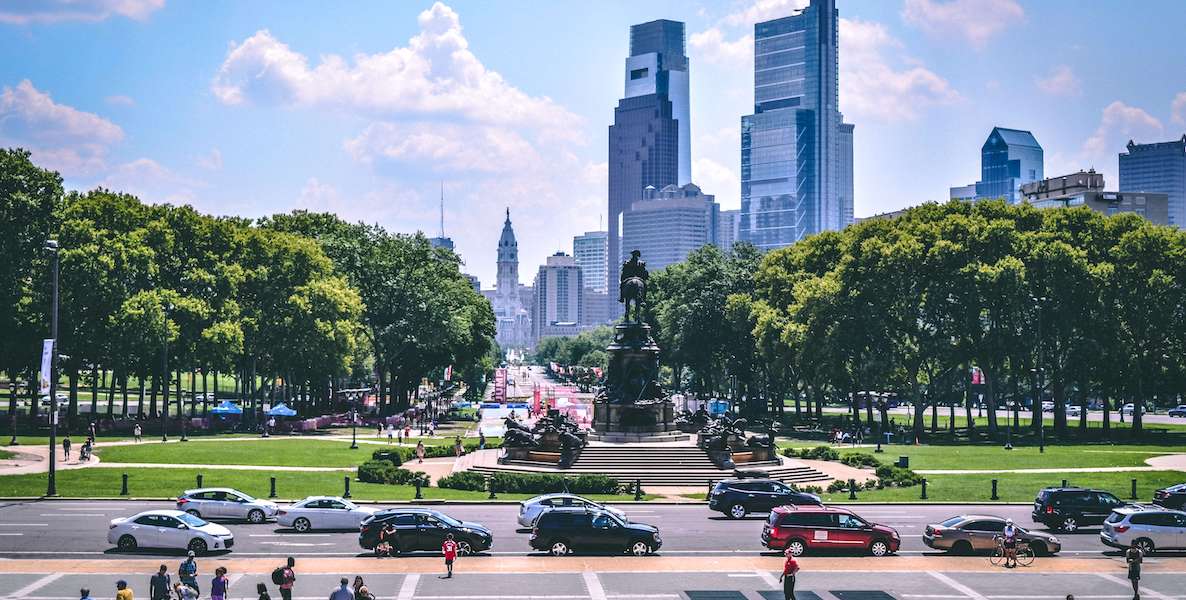Covid-19 has presented many challenges to our economy and our health, and has tremendously altered our way of living. This crisis loudly reinforces how critical small businesses are to our economy, the impact that climate change has on our ecosystem and our economy, and the degree to which underrepresented communities continue to be marginalized.
As Philadelphia and surrounding counties prepare for restrictions to lift and, possibly, another round of coronavirus relief aid, we face an unprecedented opportunity to not only restore our economy, but to rebuild it for the better.
A vibrant economy, social equity, and climate resilience are not mutually ![]() exclusive; rather they are deeply interdependent. Thus, it is vital that the next phase of federal stimulus funding drive equitable recovery and growth of our small business community, including by strengthening investment in our climate resilient industries.
exclusive; rather they are deeply interdependent. Thus, it is vital that the next phase of federal stimulus funding drive equitable recovery and growth of our small business community, including by strengthening investment in our climate resilient industries.
Prioritizing small business development; investing substantive resources in the vitality of women-, minority-, and immigrant-owned businesses; doubling down on investments in climate-resilient infrastructure; restoring and strengthening our local food systems, are all fundamental elements of a just, green and thriving economy.
Provide significant investment to small business development
In Pennsylvania, small businesses represent 99.6 percent of all private sector employers. Prior to our current crisis, nearly half of all workers in our state were employed by a small business. According to the Small Business Administration, “data suggest a disproportionate impact of the pandemic on small businesses and their employees.”
Small businesses have traditionally led economic recovery, accounting for 67 percent of net new jobs following the Great Recession. On average, independent businesses return 300 percent more money per dollar of sales to their local economy than their chain competitors. Additionally, research consistently shows that thriving independent business communities are linked to higher incomes, less economic inequality, stronger community cohesion and wellbeing, and improved environmental sustainability.
![]() For these and other reasons, investments in small business development have significantly higher returns on investment than tax credit programs used to attract or reward large corporations. For example, every federal dollar invested in Small Business Development Centers (SBDC’s) generates $2.16 in federal revenue, $2.81 in state revenue, and $45.47 in new capital.
For these and other reasons, investments in small business development have significantly higher returns on investment than tax credit programs used to attract or reward large corporations. For example, every federal dollar invested in Small Business Development Centers (SBDC’s) generates $2.16 in federal revenue, $2.81 in state revenue, and $45.47 in new capital.
The national average for job growth is 1.5 percent, compared with 17.7 percent for SBDC clients. Comparatively, research consistently finds almost no correlation between big business attraction incentives and any measure of economic performance.
Focus on women-, minority-, and immigrant-owned businesses
Covid-19 continues to highlight the unique challenges that business owners from historically marginalized communities face in accessing local, state, and federal resources. Yet, data shows that investing in women- and minority-owned small businesses is a key strategy for economic recovery.
A vibrant economy, social equity, and climate resilience are not mutually exclusive; rather they are deeply interdependent.
For example, businesses owned by people of color played a significant role in improving the American economy after the Great Recession. However, due to systemic discrimination toward people of color, the U.S. economy missed out on an estimated 1.1 million businesses that would have created 9 million jobs and $300 billion in national income.
Double down on climate resilient infrastructure and local food systems
Prior to Covid-19, renewable energy and energy efficiency sectors were outpacing overall job growth in Pennsylvania by five times and employed more than double the number of workers as the state’s entire fossil fuel industry.
Independent PA-based businesses in the renewable energy and energy efficiency sectors were driving this growth: 2 out of every 3 clean energy workers were employed by businesses with fewer than 20 employees. Nearly 80 percent of clean energy jobs across the nation are in the trades, construction, or manufacturing, accounting for more than 2.25 percent of the nation’s overall employment at the end of 2019.
Investing $1 million in energy efficiency creates around eight full-time jobs, nearly three times what a comparable investment in fossil fuels would create, and can save small businesses 10 to 30 percent in utility costs.
In Philadelphia, the City’s estimated $2 billion investment in green stormwater infrastructure over a 25-year period is expected to produce a $4 billion economic impact in the city alone. Federal Clean Water Act requirements for stormwater management are driving investments in GSI across the country, thus creating enormous opportunities for similar economic impacts across the state.
Recovering and strengthening our local food systems is a critical strategy for small business recovery, urban and rural economic recovery, and food security.
In the Greater Philadelphia region, prior to Covid-19, our local food economy supported 331,000 jobs across 25,000 businesses, which represented 12 percent of all jobs and 15 percent of all businesses. Ninety-five percent of Philadelphia’s food businesses had fewer than 50 employees; nearly 90 percent had fewer than 20 employees. Recovering and strengthening our local food systems is a critical strategy for small business recovery, urban and rural economic recovery, and food security.
Still, so much uncertainty remains.
When is the next phase of federal stimulus funding, what will it consist of, and ![]() how accessible and practical will it be for small business owners of all backgrounds? What will Pennsylvania and Philadelphia receive and how will it be allocated? How many of our local businesses will survive this?
how accessible and practical will it be for small business owners of all backgrounds? What will Pennsylvania and Philadelphia receive and how will it be allocated? How many of our local businesses will survive this?
But we can be sure of one thing: it is crucial for our state and local elected officials to seize this rare opportunity to undo generations of harm, and double funding for small business development, with a focus on women-, minority-, and immigrant-owned businesses, and increase investments in climate resilient infrastructure and local food systems as the path to a just, green, and thriving economic future.
Anna Shipp is Executive Director of the Sustainable Business Network of Greater Philadelphia.
Header photo: NeedPix.com


